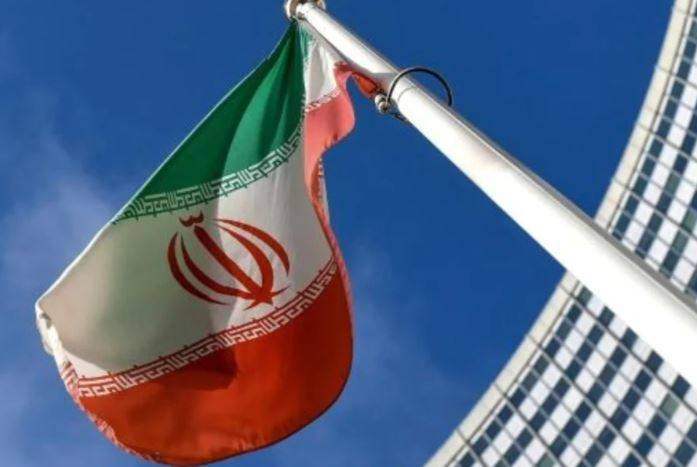Iran, through its ambassador to international organizations in Vienna, confirmed that the Karaj facility for manufacturing centrifuges is not included in the agreement with the International Atomic Energy Agency (IAEA), in response to the agency's announcement on Sunday that its inspectors were denied entry to the site. The IAEA, based in Vienna, stated that its inspectors were blocked from entering the facility located near Tehran, which they considered a violation of an understanding reached with Iran earlier this month to allow for the replacement of monitoring equipment.
Kazem Gharibabadi, Iran's ambassador to international organizations in Vienna, including the IAEA, wrote on Twitter early Monday, "During discussions in Tehran and Vienna, Iran clarified that since the TESA Karaj complex is still under security and judicial investigations, the equipment associated with this complex is not included in the (agreement regarding) maintenance." He emphasized that the agency's report is "inaccurate and goes beyond the terms agreed upon in the joint statement" between the Iranian Atomic Energy Organization and the IAEA during the visit of the agency's Director General Rafael Grossi to Tehran on September 12.
Gharibabadi stressed that the joint statement issued that day "was based on Iran's goodwill to replace memory cards for 'specific equipment'. These activities were carried out by the agency between September 20 and 22."
Grossi confirmed in a statement on Sunday that "all agency activities mentioned in the joint announcement, concerning all equipment and all facilities and all Iranian sites, are necessary to maintain the continuity" of its monitoring mission. The Karaj facility, located west of Tehran, is used for manufacturing centrifuges employed in uranium enrichment. Iran announced on June 23 that it had thwarted a "sabotage" operation targeting a building belonging to the Iranian Energy Organization, which local media at the time reported was the Karaj facility.
Gharibabadi reiterated his country’s stance criticizing the agency for not condemning attacks on Iran's nuclear facilities, stating, "It is deeply regrettable that after three terrorist attacks within a year on Iran's nuclear facilities, the international agency has not condemned them." In addition to the Karaj facility, Tehran reported that the Natanz facility (central Iran) had experienced incidents in July 2020 and April 2021, hinting at the involvement of its adversary Israel.
Since February, Iran has restricted the operations of IAEA inspectors against the backdrop of ongoing U.S. sanctions imposed since Washington's unilateral withdrawal in 2018 from the nuclear program agreement with Iran. Under this restriction, Iran retains recordings from surveillance equipment and cameras placed in its nuclear facilities and will only provide them to the agency if U.S. sanctions are lifted.
Grossi remarked this month that the agreement to maintain this equipment "gives time for diplomacy," referring to negotiations aimed at reviving the nuclear deal signed in Vienna in 2015, which allowed for the lifting of sanctions imposed on Tehran in exchange for limiting its nuclear activities. Iran and the parties to the agreement, with indirect U.S. participation, held discussions in Vienna to revive the deal through the U.S. returning to it and lifting the sanctions that had been reimposed following its withdrawal, in exchange for Iran fully adhering to its commitments under the agreement, which it had largely ceased to fulfill in response to the U.S. exit. Six rounds of talks were held between April and June, with no date yet scheduled for their resumption.




